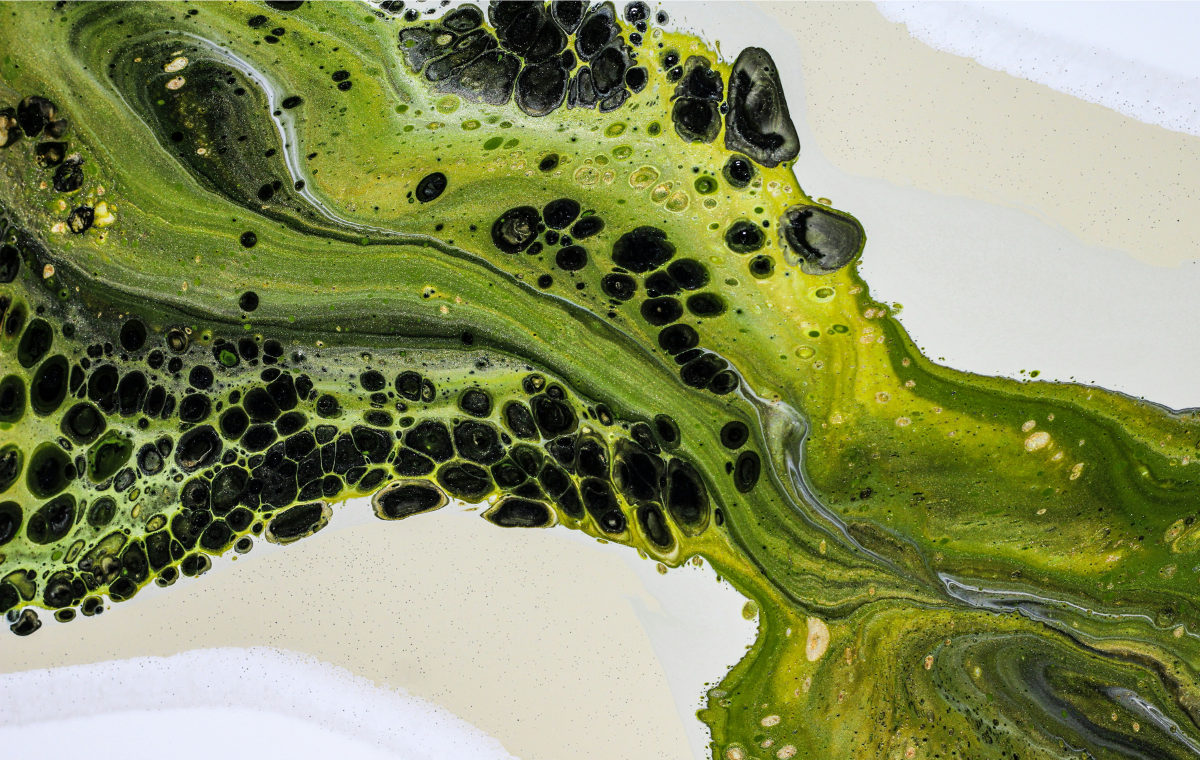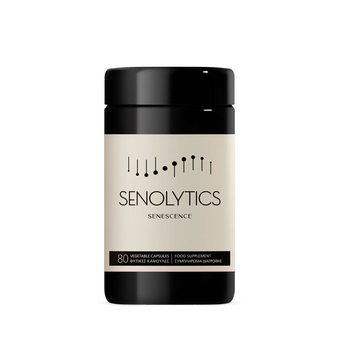The antiaging effects of Quercetin

Quercetin is a super antioxidant found in mixed plant foods and has considerable benefits. It is abundant in many foods, such as citrus fruits, apples, nuts, seeds, green leafy vegetables, and olive oil. The word Quercetin derives from the Latin word Quercetum, which means Forest of Oak.
Nature is a whole and balanced system. Plant extracts and nutrients are known for their extensive health benefits, and we are now re-discovering that they provide everything we need for a healthy life.
Quercetin is part of a powerful group of plant compounds known as flavonoids. Flavonoids cannot be synthesized in the human body but are produced in plants to fight environmental stressors.
Flavonoids are phytochemicals found in plants, fruits, and vegetables with potential applications in medicinal chemistry. They stand out for their ability to enhance longevity due to their neuroprotective, anti-inflammatory, anticancer, and anti-allergic properties.
What are antioxidants?
Antioxidants are your body's defense against harmful molecules known as free radicals. Antioxidants give these unstable radicals an electron to stabilize and prevent damage to DNA, lipids, proteins, and carbohydrates.
Vitamins, such as A, E, and others, can be found naturally in the diet or taken as supplements. Free radicals are unstable atoms that the body produces as byproducts of normal cell metabolism. They have essential roles, such as fighting infections and contributing to concentration and alertness.
The problem arises when free radicals are produced in large quantities. The accumulation of free radicals accelerates biological aging, increasing the risk of many diseases.
Excessive production due to external factors such as pollution, smoking, or stress can disrupt cell functions and lead to chronic diseases. This imbalance in free radicals and antioxidants in the body is said to cause oxidative stress and inflammation, one of the hallmarks of aging.
Inflammation and cellular aging
Chronic inflammation can cause cellular senescence, where cells block the division process and do not work adequately. Senescent cells are unable to contribute to tissue repair or regeneration.
They release pro-inflammatory molecules, affecting neighboring cells and contributing to chronic inflammation. The chronic inflammatory environment created by senescent cells can, in turn, lead to senescence of more cells.
That creates a self-perpetuating cycle where inflammation and aging feed off each other, contributing to tissue dysfunction and age-related diseases such as cardiovascular disease, diabetes, cancer, autoimmune diseases, chronic liver and kidney disease.
One of the most significant properties of quercetin is its role in controlling inflammation, a vital factor in aging. Preclinical and clinical studies have confirmed that administering quercetin decreases inflammatory markers.
Quercetin has beneficial effects on health, including protection against various diseases due to its powerful antioxidant and senolytic properties. Both antioxidants and senolytics, including Quercetin, play distinct and vital roles in empowering us to combat aging-related processes.
Antioxidants neutralize free radicals that reduce cell damage, and senolytics target and eliminate aging cells.
Quercetin and brain health
Neurodegenerative diseases such as Alzheimer's, Parkinson's, and stroke-related neuronal damage involve neuroinflammation in the central nervous system. Flavonoids, such as Que cetin, support brain health.
They improve cerebrovascular blood flow, affect neuron structure, and promote neurogenesis and angiogenesis. In short, they encourage the regeneration of new nerve cells and blood vessels in the brain.
Quercetin also protects neurons from injury caused by neurotoxins. A flavonoid-rich diet helps limit neurodegeneration and reverse age-related cognitive decline and oxidative stress in brain cells, helping to prevent conditions such as Alzheimer's.
Flavonoids are vital in protecting neurons, suppressing neuroinflammation, enhancing memory, and preventing severe neurodegenerative diseases, especially in the elderly.
Antibacterial and antiviral properties of Quercetin
Quercetin exhibits antibacterial effects against various bacterial strains, particularly in the gastrointestinal, respiratory, urinary, and skin systems.
Its anti-infectious properties extend to antiviral properties, affecting viruses such as adenovirus, herpes simplex virus, Japanese encephalitis virus, and respiratory syncytial virus.
Quercetin acts as a natural antihistamine by inhibiting the release of histamine from mast cells and other allergenic substances. This anti-allergic effect can potentially treat and prevent asthma, hay fever, and urticaria, relieving allergic reactions and their associated symptoms.
Quercetin, especially when combined with other natural ingredients, offers several benefits and contributes to the well-being of the body.



